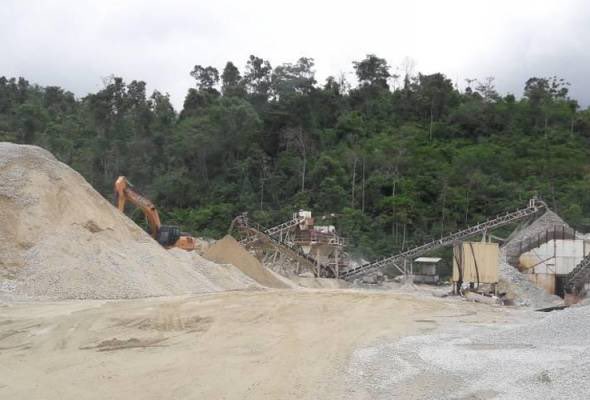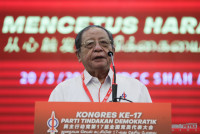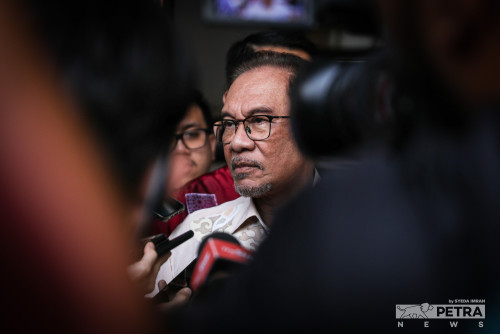Sahabat Alam Malaysia (SAM) calls on the federal and state governments to prohibit mining including of rare earth elements (REE) in environmentally sensitive areas (ESAs) such as in permanent forest reserves.
This is in response to the government’s new policy to ban the export of REE to safeguard the resources' value chain to build midstream and downstream industries.
It is good there is an export ban, which would have otherwise increased further pressures on our ESAs due to the rising global demand for such critical minerals, required for climate related technologies.
While we understand the logic of banning such exports in the domestic interest, we do not support REE mining even for our national purpose, especially when much of these resources are located in ESAs including in permanent forest reserves and biodiverse ecosystems.
There is certainly a need for the government to make fully transparent where the REE resources are located and to impose a ban on mining activities in ESAs. It is not enough to talk about mining sustainably or responsibly as ESAs by definition must be protected at all costs.
Allowing REE mining in these ESAs will not only cause grave environmental and social impacts, they will also be contrary to our existing climate and biodiversity policies. REE mining in forest reserves contradicts the National Forestry Act 1984 and the objectives of the National Policy on Biological Diversity.
Both conventional open-cast mining and in-situ leaching mining present serious environmental and social health impacts, especially if they are located in ESAs or involve the native customary rights of indigenous peoples.
In-situ leaching still requires a clearing of one-third of the vegetation and poses a more serious risk to groundwater pollution compared to open-cast mining.
The use of ammonium sulphate as a leaching solution can cause sulphate pollution, which persists long after mining ceases, through exacerbated nutrient pollution of downstream rivers and reservoirs, along with increasing microbial production of hydrogen sulphide, an extremely toxic substance to many aquatic organisms and plants.
The term ‘non-radioactive rare earth elements (NR-REE)’ used in Malaysia could be misleading because according to International Renewable Energy Agency, producing 1 tonne of REEs results in 2,000 tonnes of toxic waste, including 75 cubic meters of wastewater and 1 tonne of radioactive waste.
Further, while it is true that there are no direct substitutes for rare earth elements, there are ways to produce rare-earth-free super magnets or innovation that can replace the permanent-magnet motors and generators which do not require rare earth minerals and the world is beginning to shift to alternatives.
The use of non-rare-earth electric motors is expected to increase eightfold by 2030 and viable alternatives do exist to replace the permanent magnets that are widely used in wind turbine and electric vehicle designs. Some major manufacturers are already investing in this.
Malaysia too should be investing in alternatives to REE usage and leap-frog, instead of promoting REEs, since substitutes are the way forward.
As Malaysia transitions to clean energy, the question remains as to how “clean” and “just” the energy transition is and will be.
If the energy transition ends up destroying our forest ecosystems and water resources vital for balancing the earth’s climate and further harming vulnerable communities already on the front line of climate impacts, it runs contrary to the climate goals as well as other Sustainable Development Goals. -- The Vibes, September 13, 2023
Meenakshi Raman is president of Sahabat Alam Malaysia












.jpg)

